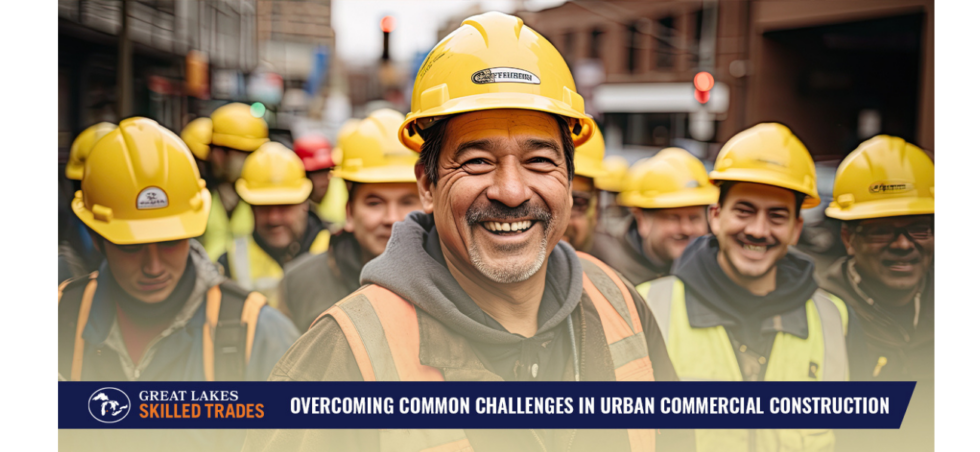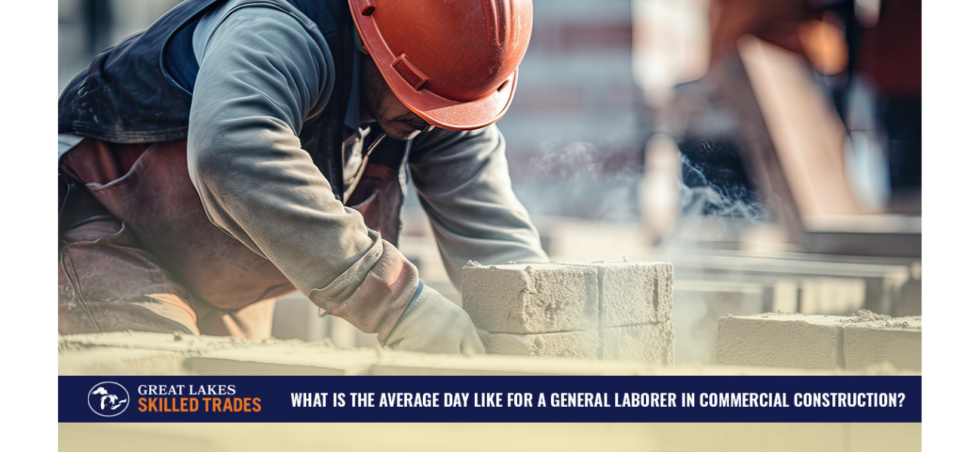Heavy industrial projects, including construction, are governed by several legal regulations and requirements. Failure to comply could result in fines or, if there are any injuries or property damages, even expensive lawsuits. There are federal, state, and local laws, so you will need to make sure you know exactly what is required where you do business. In general, though, anyone working on heavy industrial projects must know the following.
OSHA Regulations
The Occupational Safety and Health Administration, or OSHA, is a federal agency under the U.S. Department of Labor. This agency is responsible for ensuring safe work conditions. As the construction industry is inherently hazardous, OSHA has created significant regulations and guidelines designed to improve its safety.
OSHA requirements govern everything from personal protective equipment (PPE) to fire prevention and safe handling of hazardous chemicals. As a contractor, you are responsible for knowing and enforcing all OSHA regulations on every job site.
Environmental Permits
Heavy industrial projects can have a significant impact on the environment. Environmental concerns are managed by the federal Environmental Protection Agency (EPA). Some states have also implemented additional standards. Depending on the nature of your work, you will likely need to obtain environmental permits from the EPA as well as your state (if applicable).
Insurance Requirements
There are many different types of insurance within the construction industry. Exactly what you will need depends on the specific projects you do, your state’s requirements, and the amount of risk you are willing to assume. With heavy industrial projects, though, it is generally best to err on the side of caution. Types of insurance that may be required or recommended include:
- General liability
- Professional liability
- Builder’s risk
- Worker’s compensation
- Commercial auto
- Commercial property
- Errors and omissions
It’s always best to consult with an insurance agent in your state that has experience with heavy industrial projects. They can assess your risks and make suggestions that match your unique needs.
Building Codes
State and local authorities set building codes based on standards issued by the National Institute of Standards and Technology (NIST). These codes govern everything from electrical and plumbing systems to fire safety and the ability to withstand hazardous weather conditions. Make sure you know and follow all of the building codes that govern each project.
Need a Skilled Trade Professional?
At Great Lakes Skilled Trades, we specialize in connecting contractors with professionals in the skilled trades throughout the Great Lakes region. If you need a skilled tradesperson, learn more about our services, and contact us today!









